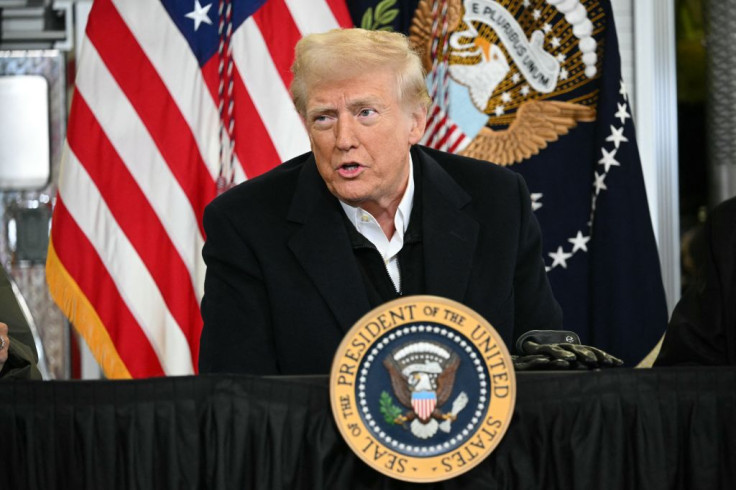
The United States and Colombia announced late Sunday they have reached an agreement to end their tariff standoff as the latter accepted to take deported nationals.
Washington D.C. and Bogota described the deal in different ways, with the White House saying the "government of Colombia has agreed to all of President Trump's terms, including the unrestricted acceptance of all illegal aliens from Colombia returned from the United States, including on U.S. military aircraft, without limitation or delay."
It added that tariffs and sanctions won't be imposed as long as Colombia honors the agreement, but visa sanctions and "enhanced inspections from Customs and Border Protection will continue until the first plane with deportees lands in the South American country.
Colombia, in turn, informed that it "overcame the impasse with the U.S. government" and that two high-ranking officials will travel to Washington D.C. to follow up with the agreements. "We will continue receiving Colombians who return as deportees, guaranteeing them dignified conditions," the release added, saying the presidential plane will take back those whose flight was rejected by the country on Sunday.
Media reported on Sunday that Colombian President Gustavo Petro but later walked back the decision, instead posting the statement by his government.
The agreement ends a short-lived but intense standoff between the two countries that began after Petro denied the entry of two American aircraft carrying Colombian migrants, claiming he would only accept them once the U.S. government "establishes protocols that guarantee dignity and rights to the deportees."
In response to the blocking of flights, Trump announced several immediate measures:
- A 25% tariff on all Colombian imports, increasing to 50% within a week.
- A travel ban and visa revocations targeting Colombian government officials and their allies.
- Visa sanctions on members, supporters, and families of Petro's party.
- Stricter customs inspections for Colombian nationals and cargo for security reasons.
- Full enforcement of financial and banking sanctions under IEEPA (International Emergency Economic Powers Act).
"These measures are just the beginning," Trump added. "We will not allow the Colombian Government to violate its legal obligations with regard to the acceptance and return of the Criminals they forced into the United States."
The United States and Colombia, known for their cooperation in anti-drug efforts, have clashed over migrant deportations and imposed tariffs. The White House has used this instance as an example to warn other nations against obstructing its immigration crackdown.
© 2025 Latin Times. All rights reserved. Do not reproduce without permission.







